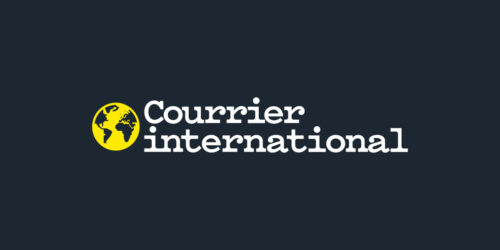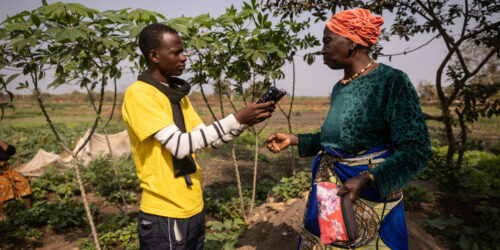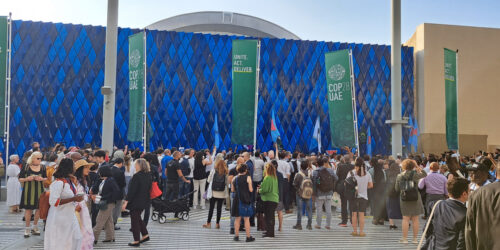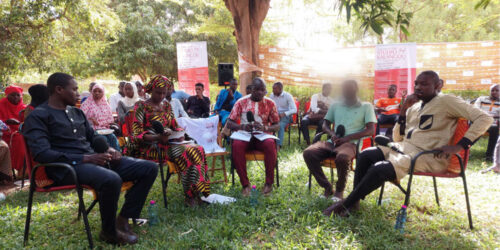Confronted with the urgent challenges of climate change, journalism shines a light on the impact of the ecological crisis while giving a voice to the communities most affected and sharing emerging solutions that help people to adapt.
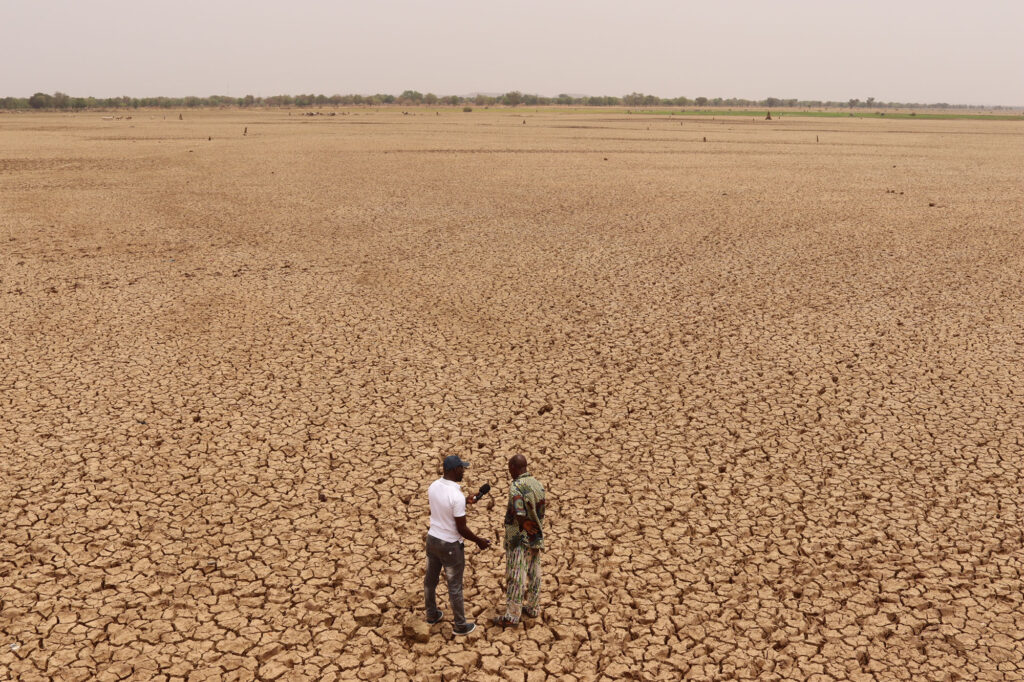
Fondation Hirondelle responds to environmental challenges by initiating and supporting a local and global approach to media coverage of these vital issues. In the fragile situations where we work, we implement diverse programmes including news bulletins, interactive debates, in-depth reports and awareness-raising campaigns which include the environment as one of their central themes. This ensures that issues linked to climate change are regularly addressed by the media we develop and support. In order to achieve this goal, we strengthen the skills of the local journalists who produce this content through training sessions led by specialised journalists, and through telecoaching. The content produced is broadcast through audio programmes, online articles and short videos on social media which focus both on the impact of climate change on vulnerable populations, and on emerging solutions for adaptation. By giving a voice to citizens, experts and local authorities, we link environmental issues to daily life, ensuring that the public is both informed and able to take an active role in the response to climate change.
Fondation Hirondelle also reinforces its actions on a global level by covering major events such as the COP climate conferences. Our teams of specialised journalists from partner media outlets in Africa have allowed us to follow diplomatic negotiations and produce multimedia reports during several COP events. These initiatives link international discussions to local realities, offering a unique perspective tailored to audiences in the countries most affected by climate crises. In addition, we develop regional programmes in the Sahel and Central Africa that aim to raise awareness of the risks of global warming while promoting concrete solutions for sustainable and resilient economies.
Examples of media projects
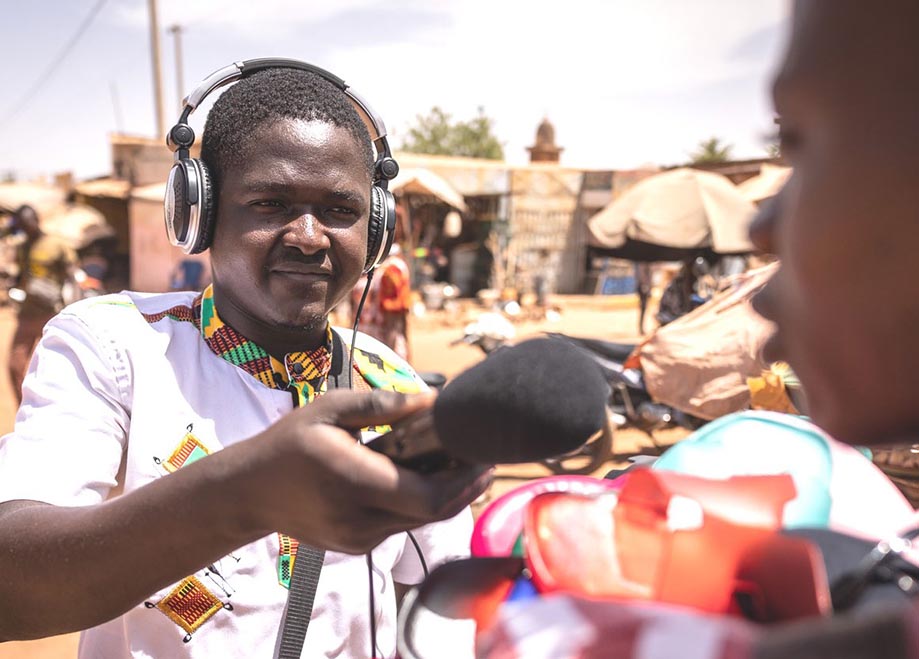
Co-productions in the Sahel
Through its national projects in Mali, Niger and Burkina Faso, Fondation Hirondelle works in the Sahel to co-produce series of topical programmes about common issues such as climate change. Working closely together, these media outlets address vital questions linked to environmental adaptation through diverse formats including debates, reports and surveys. This common approach makes it possible to broadcast content in 12 languages to over 7 million people through more than 200 radio and TV partner stations. Journalists come together regularly at regional meetings to co-ordinate their efforts and ensure in-depth local coverage of environmental issues.
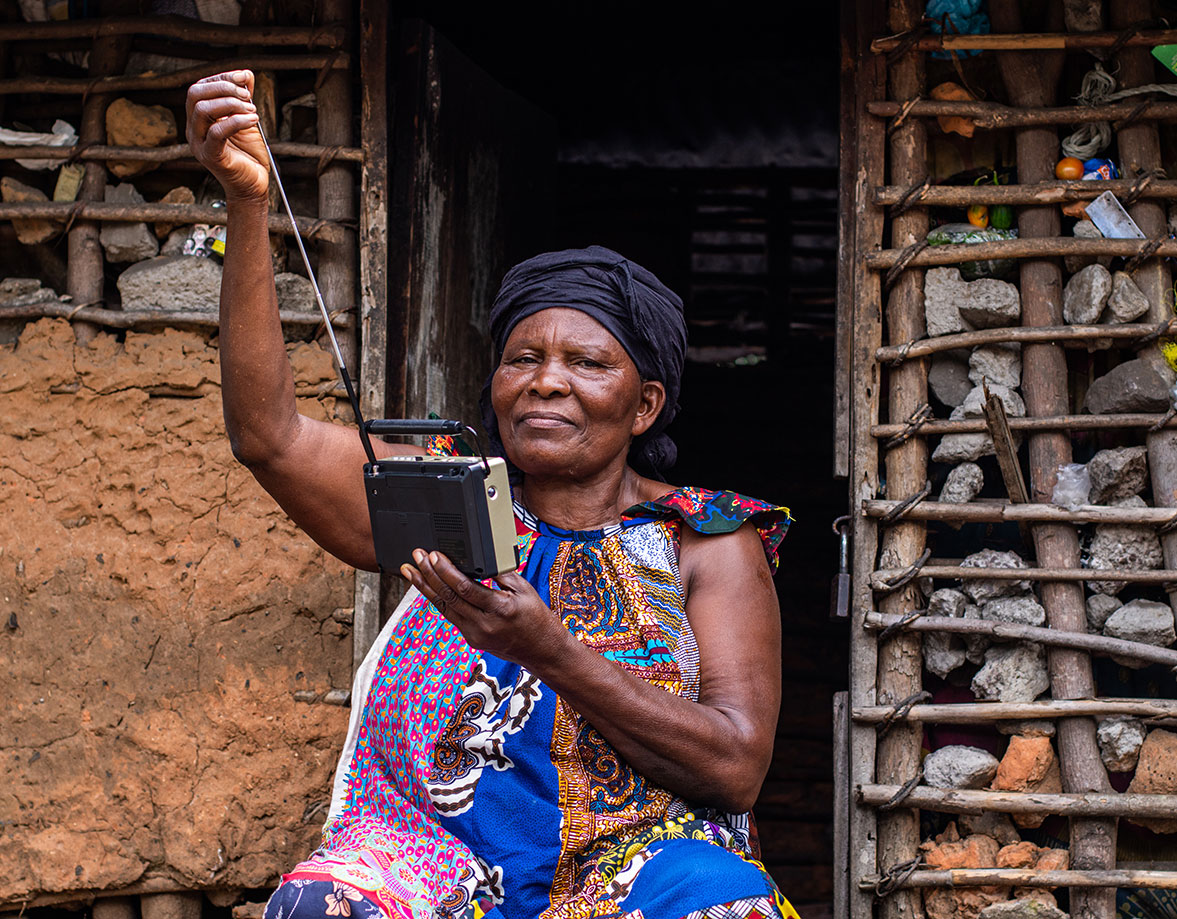
Democratic Republic of Congo
Studio Hirondelle DRC, Fondation Hirondelle’s project in the Democratic Republic of Congo, regularly covers the country’s environmental and climate issues. Based in Kinshasa, the station relies on a network of local correspondents and over 60 partner media located throughout the country’s provinces to provide precise and relevant information on the major ecological challenges facing this continent-sized country. Using a collaborative approach, Studio Hirondelle DRC produces diverse content ranging from in-depth reporting to public debate, aimed at raising awareness and mobilising communities around issues such as deforestation, natural resource management and the impact of climate change. This broad coverage makes it possible to reach a wide audience spread throughout the country, ensuring that environmental issues are addressed with sufficient rigour and local focus to encourage efficient local and regional action. Learn more about the project
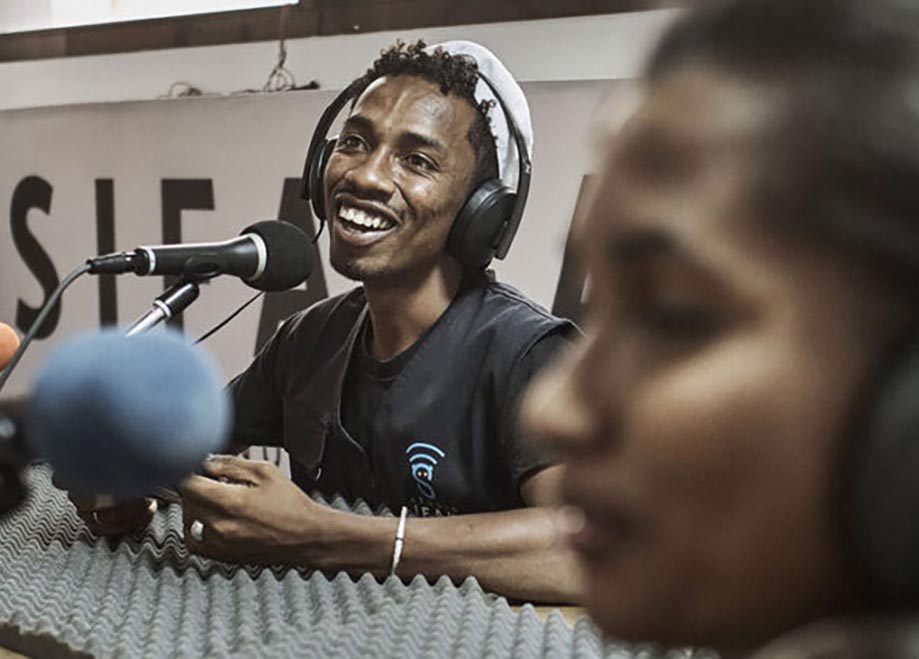
Madagascar
Studio Sifaka, the Madagascar radio programme supported by Fondation Hirondelle, dedicates part of its production to covering environmental issues with a particular focus on young audiences. Aimed at younger listeners, the studio produces lively and educative programmes that address ecological issues such as protecting endemic species and the impact of climate change on local ecosystems. Studio Sifaka uses an innovative and interactive approach to raise awareness among Malagasy youth and engage them in discussions about the environment, using formats tailored to capture the interest of young people and motivate them to become drivers of change.
REFERENCE Documents
Read the January 2023 issue of Mediation: “Informing on the ecological emergency”

